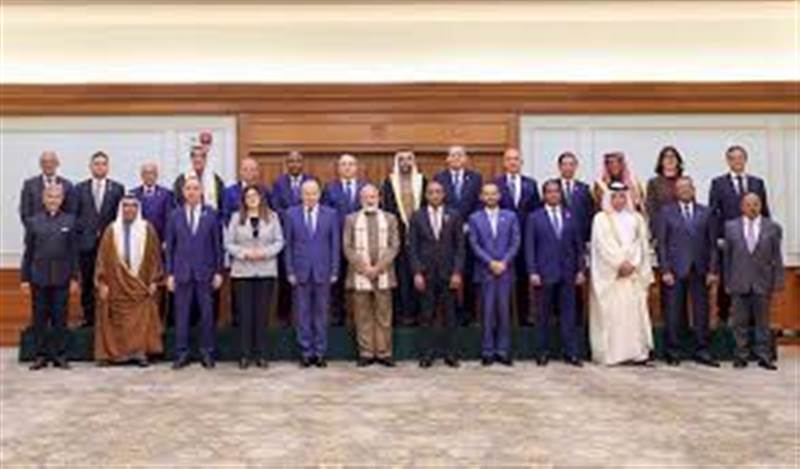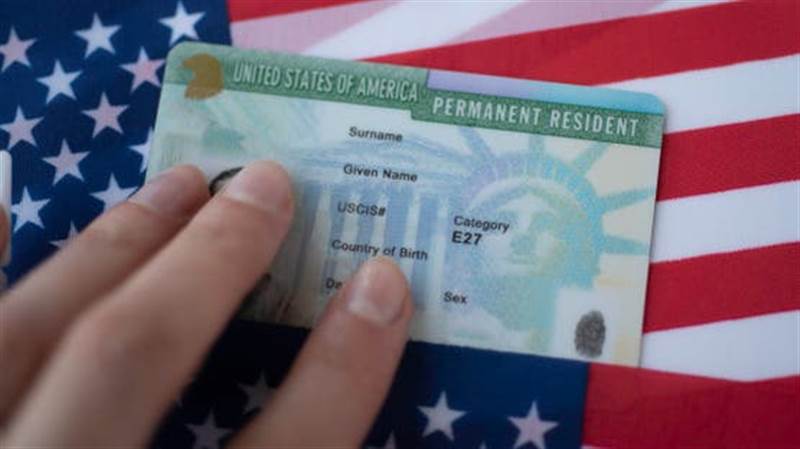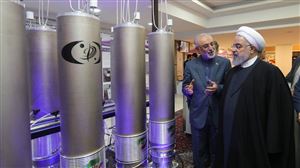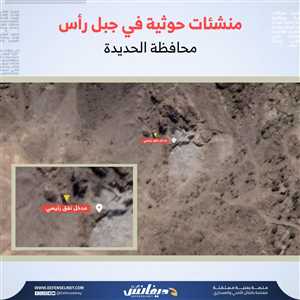Former US President Jimmy Carter Dies at 100: A Legacy of Peace in the Middle East and Yemen
The Carter Center announced on Sunday the passing of former US President Jimmy Carter at the age of 100. Carter passed away at his home in Georgia, surrounded by his family. Serving as President of the United States from 1977 to 1981, Carter leaves behind a mixed political legacy marked by domestic challenges and remarkable achievements in foreign policy.
On the international stage, Carter gained recognition for his historic initiative in brokering the Camp David Accords in 1979, bringing Egypt and Israel to the peace table, an achievement that earned him the Nobel Peace Prize. However, his influence extended beyond the traditional Middle East, playing a pivotal role in Yemen during the 1979 crisis between its northern and southern parts.
According to researcher Bruce Riedel, Carter's administration responded to an appeal from North Yemen's President Ali Abdullah Saleh as tensions with the South escalated. The US provided military support, including F-5 fighter jets operated by Taiwanese pilots under Saudi funding, along with defensive assistance from Iraq and a show of force by the US Navy. These efforts helped establish a military balance and secure a ceasefire, which eventually paved the way for a promise of peaceful unification between the two sides.
After leaving the White House, Carter visited Yemen in 1993, touring its historic cities such as Sana’a, Shibam, and Marib. He also participated in local events, including the wedding of Ambassador Ali Abu Luhum’s son, further strengthening his connection with Yemeni society.
Jimmy Carter’s passing marks the end of an era for a man who left an indelible mark on international diplomacy, steering the compass of peace in the Middle East and Yemen.
"What is happening in Yemen? What caused the war? And who ignited it?















Comments